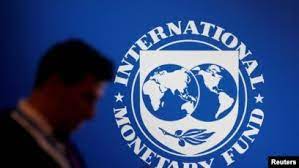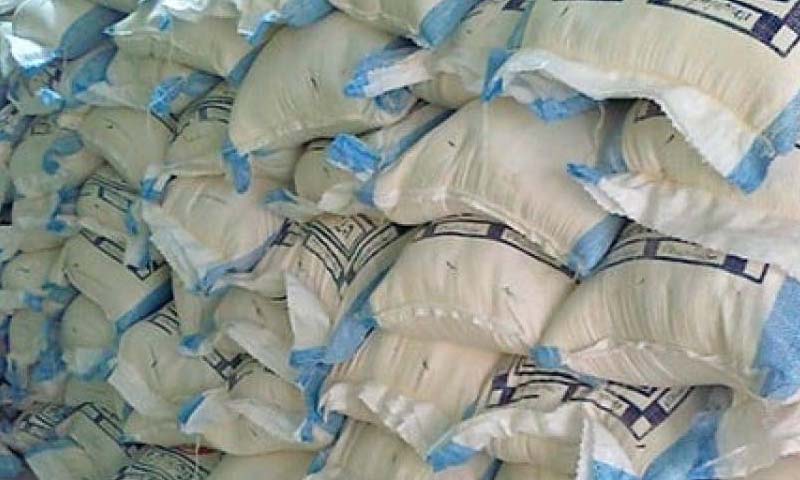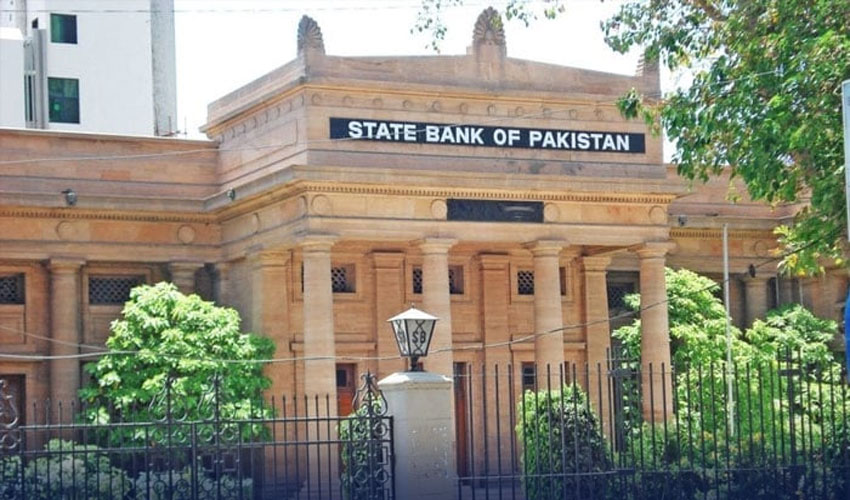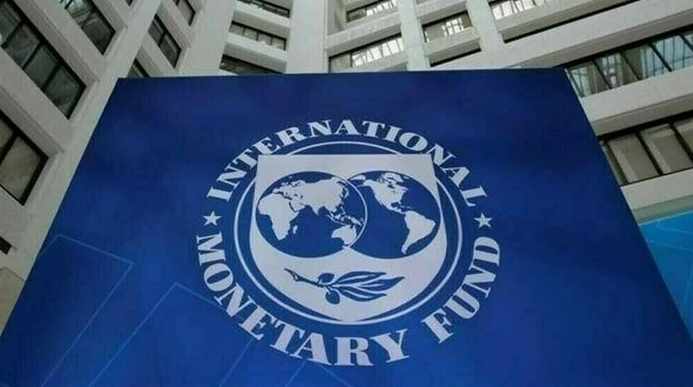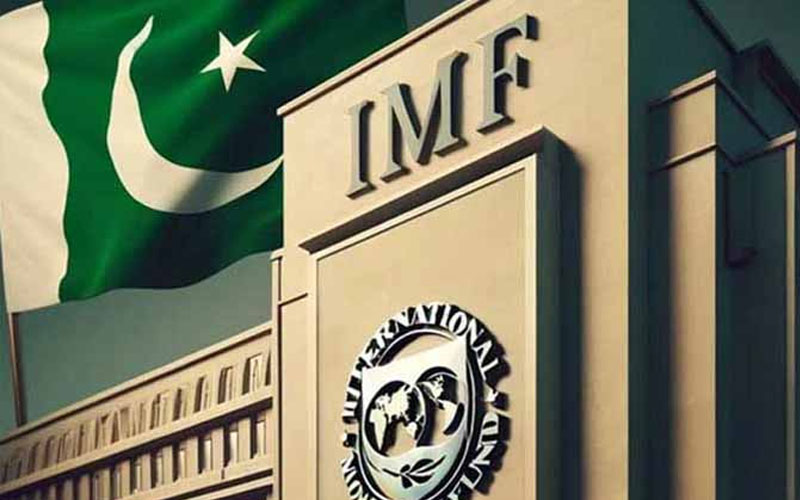TRADE & ECONOMY
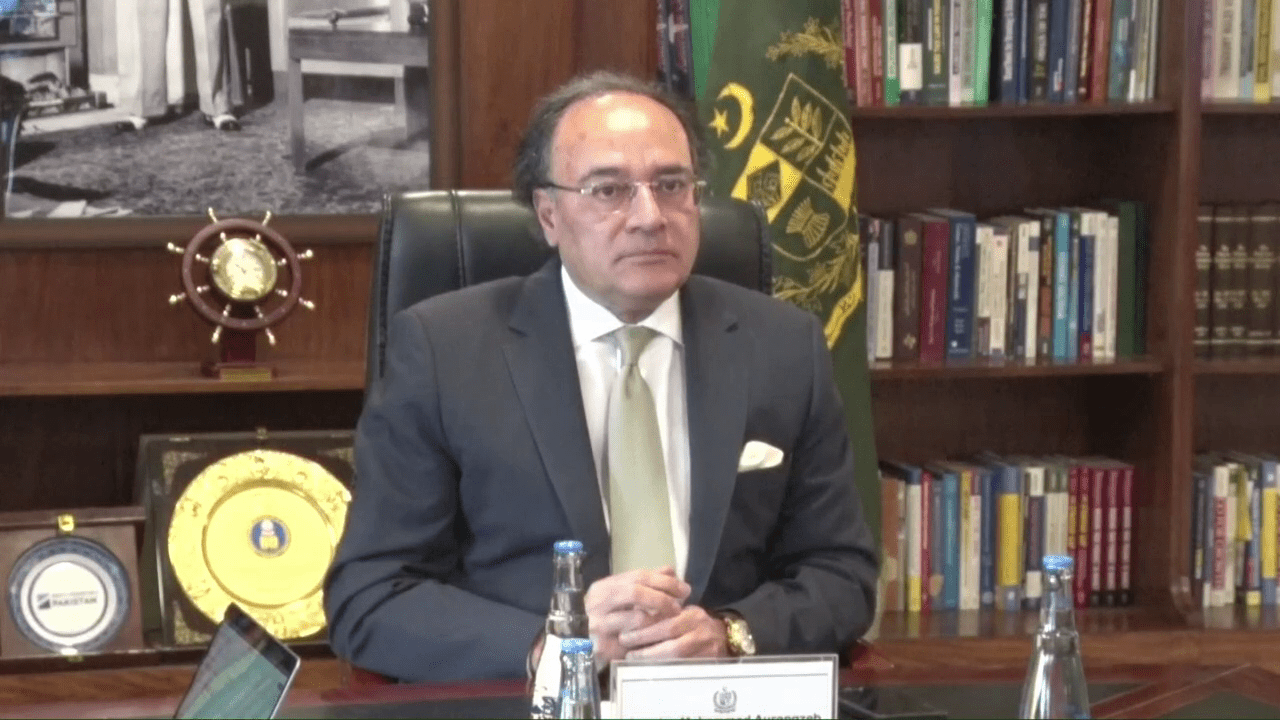
Finance Minister Muhammad Aurangzeb has credited strict financial discipline and strong coordination between federal and provincial governments for achieving a primary fiscal surplus — a milestone Pakistan has not seen in at least 24 years. The comments came in a statement released by the Ministry of Finance on Friday, following a meeting with S&P Global Ratings as part of Pakistan’s Sovereign Ratings Review.
The minister highlighted that non-tax revenues, especially unprecedented profits from the State Bank of Pakistan and record collections from the petroleum levy, played a pivotal role in turning years of budget deficits into a surplus. These gains were further supported by consistent macroeconomic reforms and better fiscal management.
During the Zoom session with S&P Global Ratings, Aurangzeb presented the government’s macroeconomic agenda, emphasizing Pakistan’s commitment to sustainable, inclusive growth through increased productivity and export promotion.
He underlined the continuation of reforms in critical sectors including taxation, energy, public finance management, state-owned enterprises (SOEs), and privatisation. He also cited the importance of active debt management and rightsizing government operations to enhance fiscal efficiency.
“Inflation and the current account deficit remained favorable throughout the year, supporting economic stability,” he noted, adding that both the primary balance and the current account posted surpluses — key indicators of improving economic fundamentals.
Aurangzeb stated that foreign exchange reserves are projected to hit $14 billion by the end of June, bolstered by expected institutional and trade inflows, robust remittances, and declining global oil prices, all helping ease pressure on the external account.
He also detailed institutional progress, including the signing of a National Fiscal Pact, the activation of the National Tax Council, and the imposition of agricultural income tax — all pointing to a unified national resolve to enhance resource efficiency and broaden the tax base.
The finance minister shared that the tax-to-GDP ratio is expected to reach 10.6% by June, and is on course to rise to 13% by the end of the 37-month Extended Fund Facility (EFF) agreement with the International Monetary Fund (IMF). Structural changes such as separating the Tax Policy Office from the Federal Board of Revenue (FBR) were also highlighted as part of aligning tax policymaking with long-term economic goals.
Aurangzeb also discussed his recent participation in the World Bank and IMF Spring Meetings in Washington, where he engaged in over 70 meetings with global partners, investment banks, DFIs, and rating agencies. He conveyed that the international community expressed strong support for Pakistan’s reform efforts and encouraged further deepening of structural reforms.
“Stakeholders consistently appreciated the macroeconomic stability achieved over the past 14 months and encouraged Pakistan to sustain its reform trajectory,” the finance ministry stated.
Earlier this week, Aurangzeb also addressed concerns over recent U.S. tariff measures, reassuring the business community during a visit to the Federation of Pakistan Chambers of Commerce and Industry (FPCCI) in Karachi that Pakistan was engaging constructively with U.S. authorities and would send a delegation to negotiate further.
Last month, Fitch Ratings upgraded Pakistan’s foreign currency credit rating to ‘B-’ from ‘CCC+’, citing improved fiscal discipline, structural reform implementation, and growing confidence in Pakistan’s IMF programme performance.
